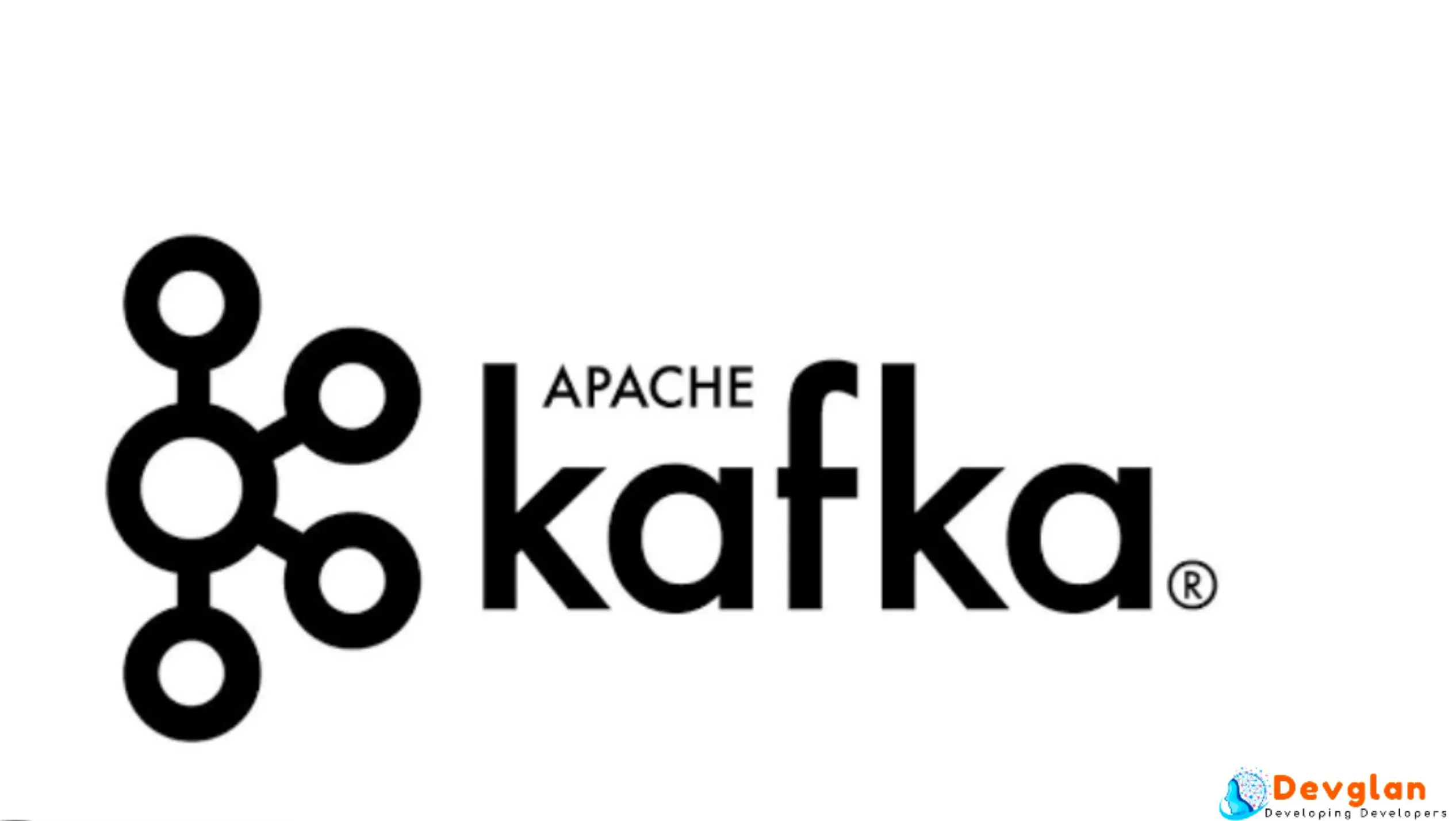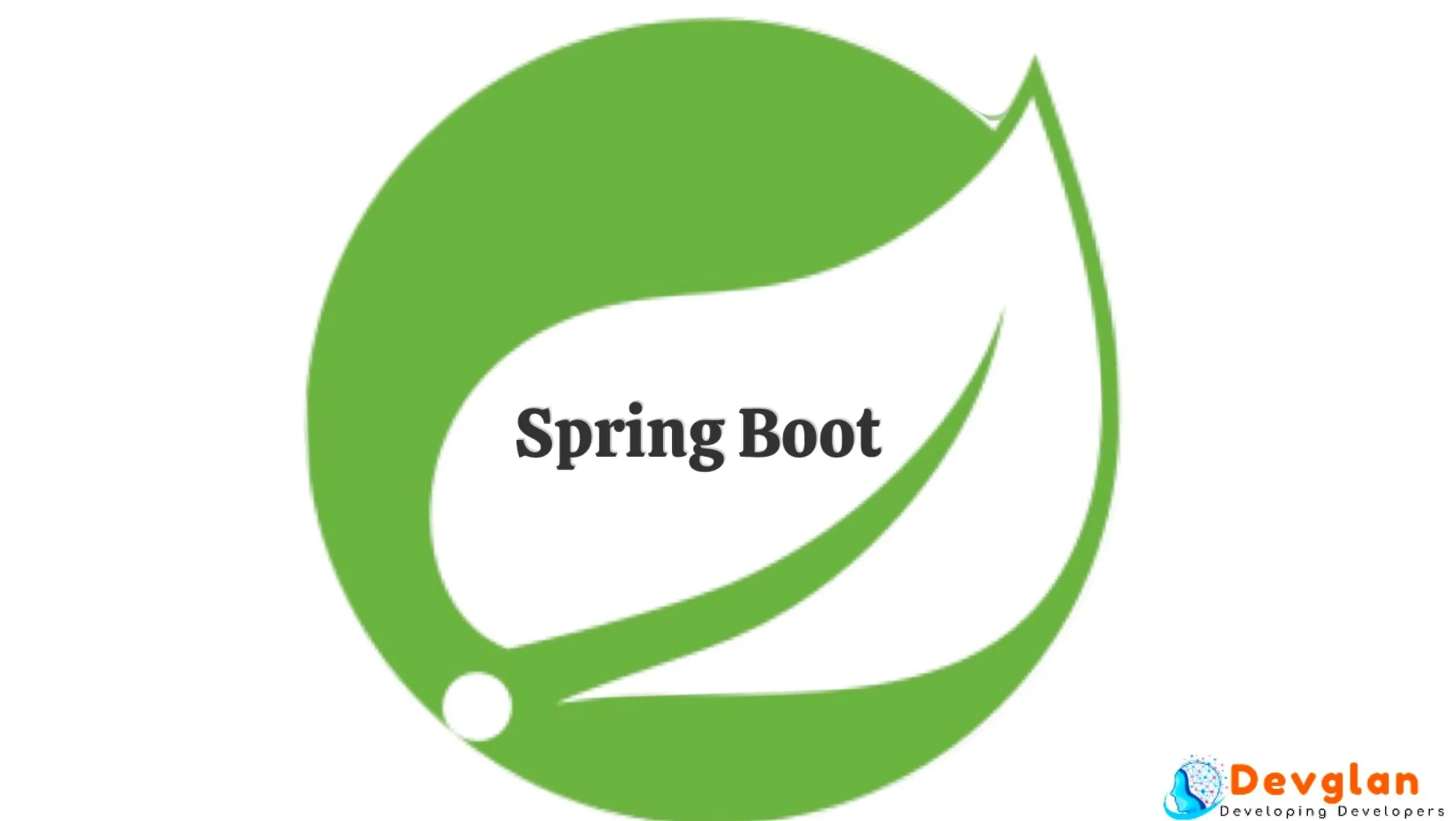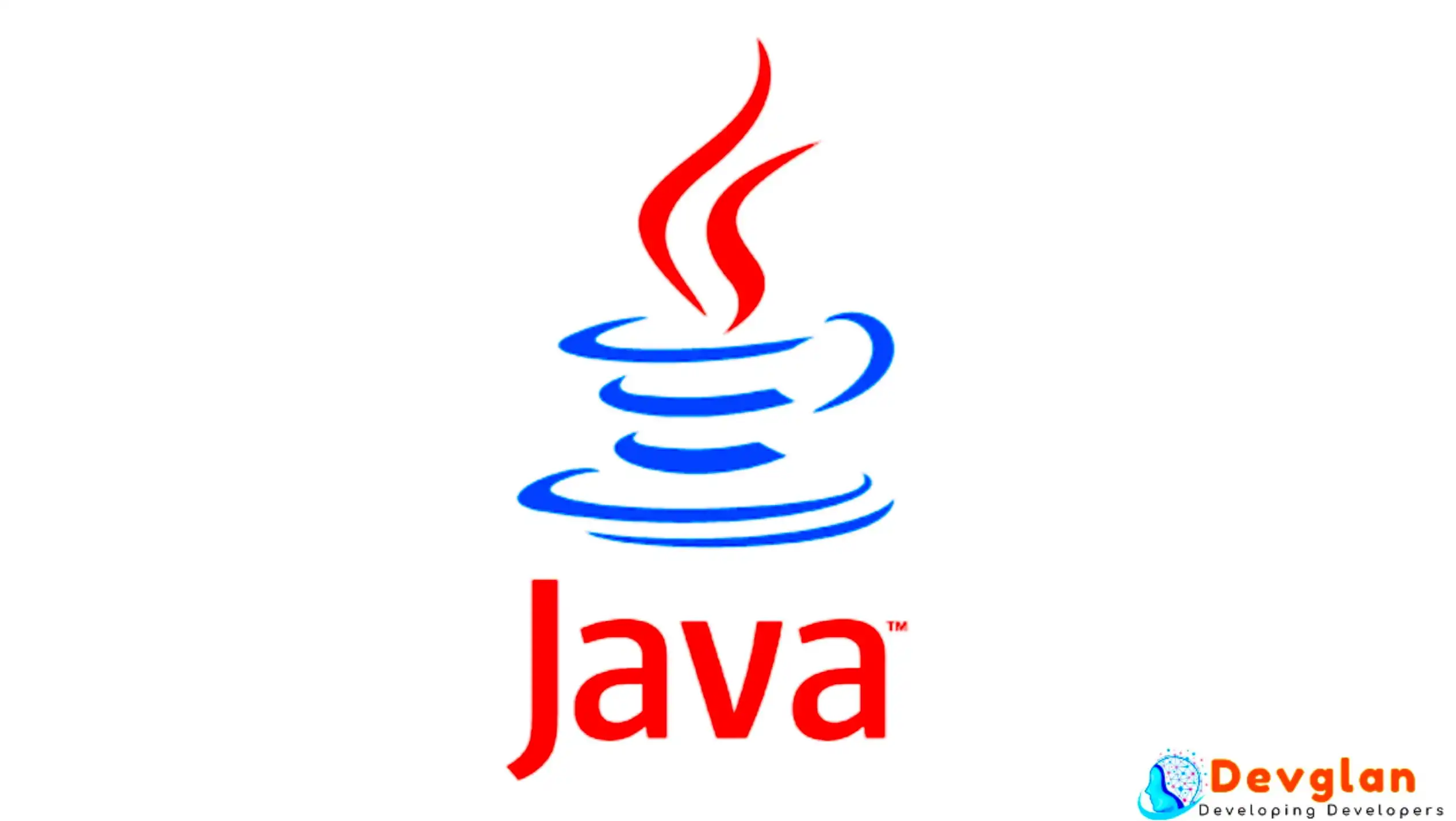The transportation industry is the lifeblood of our global economy. It's responsible for moving goods, people, and ideas across vast distances. Yet, it faces challenges like fraud, inefficiencies, and a lack of transparency. Enter blockchain, the revolutionary technology that promises to transform transportation as we know it.
Blockchain in Transportation: What's the Big Deal?
Blockchain is a decentralized, digital ledger that records transactions across a network of computers. This creates an immutable, transparent record of every event, making it nearly impossible to tamper with. In the context of transportation, this means:
- Enhanced Security: Blockchain can help prevent fraud and counterfeiting by creating a tamper-proof record of ownership and origin.
- Improved Transparency: Every stakeholder in the supply chain can access the same information, increasing trust and reducing disputes.
- Increased Efficiency: Blockchain can automate processes, streamline payments, and eliminate intermediaries, saving time and money.
Types of Blockchain in Transportation
Several types of blockchain technology are finding applications in transportation:
- Public Blockchains: These are open to anyone and offer maximum transparency. However, they may be slower and less scalable. Examples include Bitcoin and Ethereum.
- Private Blockchains: These are controlled by a specific group, offering more privacy and efficiency. They're often used for supply chain management and logistics.
- Consortium Blockchains: These are managed by a group of organizations, combining the best of public and private blockchains. They're often used in the shipping industry.
Blockchain in Transportation Examples: Real-World Applications
Let's explore some compelling examples of how blockchain is already making an impact:
- Cargo Tracking: Maersk, the world's largest shipping company, partnered with IBM to create a blockchain-based platform called TradeLens. It tracks millions of containers in real time, improving visibility for all stakeholders involved. This translates to fewer delays, reduced cargo theft, and faster customs clearance.
- Supply Chain Finance: Skuchain, a blockchain startup, is using smart contracts to automate payments and improve financing for small suppliers in the trucking industry. Traditionally, truckers face long wait times to receive payment for their deliveries. Blockchain eliminates this friction by facilitating instant and secure payments upon completion of a job. This improves cash flow for small businesses and fosters a more efficient transportation ecosystem.
- Autonomous Vehicles: Blockchain can help secure communication between self-driving cars and infrastructure, preventing hacking and ensuring safety. As autonomous vehicles become a reality, secure data exchange is paramount. Blockchain can create a tamper-proof record of interactions between vehicles and infrastructure, reducing the risk of cyberattacks and ensuring the safety of passengers and pedestrians.
- Identity Management: Blockchain can create secure digital identities for drivers, vehicles, and goods, streamlining border crossings and reducing paperwork. Currently, border crossings can be slow and cumbersome due to the need for manual verification of documents. Blockchain can streamline this process by creating a secure and verifiable digital identity for each entity involved. This reduces processing times, lowers costs, and improves the overall efficiency of the transportation system.
The Road Ahead: Challenges and Opportunities
While blockchain holds immense promise, it's not without challenges. Scalability issues are a major concern. Public blockchains, known for their transparency, can struggle to handle the high volume of transactions required in a global transportation system. Private blockchains can address scalability, but they raise concerns about centralization and control.
Regulatory hurdles are another obstacle. Governments around the world are still grappling with how to regulate this new technology. Clear and consistent regulations are essential to ensure the safe and secure adoption of blockchain in transportation.
Finally, industry-wide collaboration is crucial, especially in hubs for transportation innovation like San Antonio, Texas, where transportation engineering services are actively exploring blockchain solutions. Blockchain's true potential can only be unlocked if different stakeholders in the transportation industry, from carriers and shippers to logistics providers and governments, work together to develop and implement standards and best practices.
Blockchain in Transportation: A Human Perspective
Beyond the technical jargon, blockchain is ultimately about people. It's about building trust, empowering individuals, and creating a fairer, more sustainable transportation system. Imagine a world where:
- Truckers get paid instantly for their deliveries, without having to wait weeks for invoices to clear.
- Consumers can trace the origins of their products, ensuring they're ethically sourced and safe.
- Businesses can streamline their operations, reducing costs, and improving customer satisfaction.
This is the future that blockchain in transportation is paving the way for. It's a future where technology serves humanity, making our lives easier, safer, and more connected.
The Bottom Line
Blockchain in transportation is not just a buzzword; it's a real-world solution that's already transforming the industry. As technology continues to evolve, we can expect even more innovative applications to emerge. The road ahead may be long, but the destination is clear: a more efficient, transparent, and secure transportation system for everyone.

















